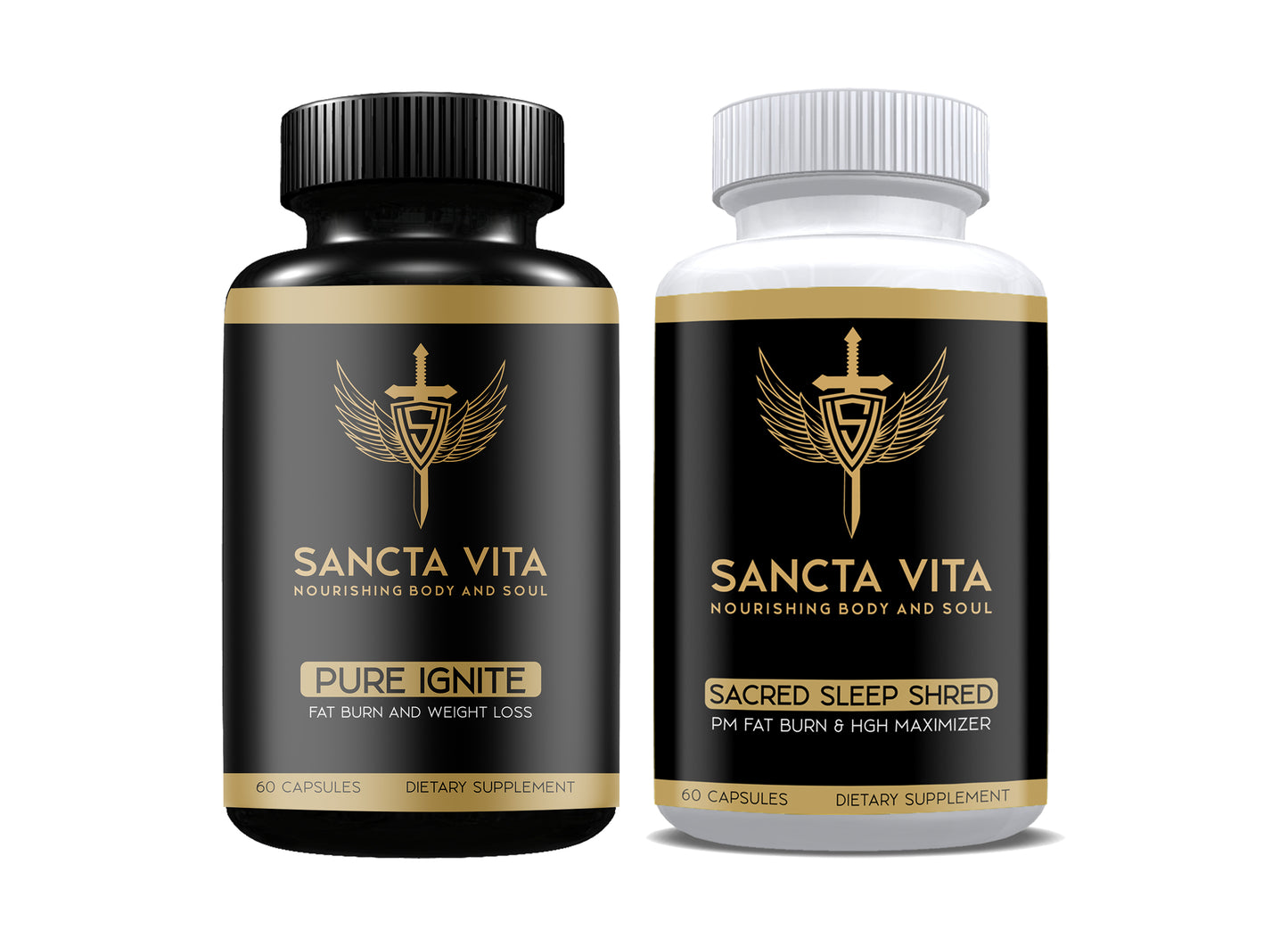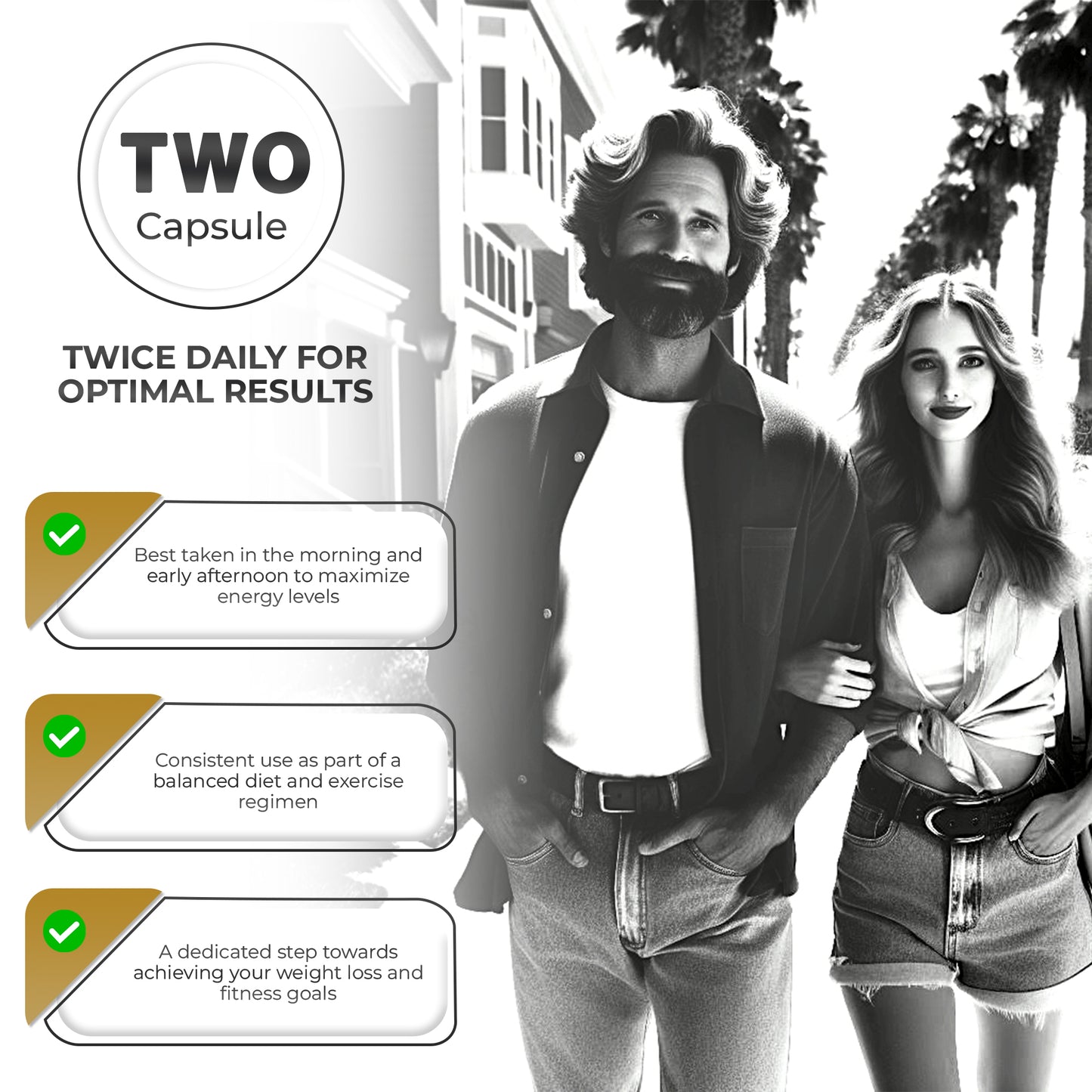
Top 7 Best Supplements for Weight Loss Female
Share
Women seeking effective weight management solutions often turn to supplements as a complementary tool. The best supplements for weight loss female options range from natural extracts to prescription medications, each offering unique benefits when combined with a healthy lifestyle.
Key Takeaways:
- Holistic approach is crucial: supplements work best alongside diet and exercise
- Natural options like green tea extract and fiber offer moderate, accessible benefits
- GLP-1 medications show the highest efficacy but come with higher costs
- Consider individual needs and consult healthcare providers before starting supplements
- Micronutrient deficiencies are common in women during weight loss journeys
The Challenge of Weight Loss for Women
Weight management is a significant concern for many women, with over 60% in the U.S. actively seeking health solutions to control their weight. Despite the prevalence of dieting attempts, long-term success remains elusive for up to 80% of dieters who rely solely on diet and exercise. Women face unique challenges in their weight loss journeys, including hormonal fluctuations and metabolic differences that can impact fat storage and energy expenditure.
It's crucial to understand that supplements are not magic pills but rather complementary tools in a comprehensive weight management strategy. When used correctly, they can support efforts to achieve and maintain a healthy weight. However, their effectiveness hinges on integration with proper nutrition, regular physical activity, and adequate sleep.

Prescription Medications: Powerful but Costly Options
Among the most effective options for significant weight loss are GLP-1 medications like Semaglutide and Liraglutide. These FDA-approved medications have shown impressive results in clinical trials, with participants experiencing 10-22% weight loss. GLP-1 agonists work by suppressing appetite and improving blood sugar regulation, making them particularly beneficial for individuals with obesity or type 2 diabetes.
However, these powerful medications come with notable drawbacks. The cost can be prohibitive, reaching up to $1,400 per month without insurance coverage. Additionally, availability may be limited due to high demand and production constraints. Other prescription options like Phentermine and Contrave are available but generally lead to more modest weight loss of 5-10%.
When considering prescription options, it's essential to weigh the potential benefits against costs and possible side effects. Always consult with a healthcare provider to determine if these medications are appropriate for your individual health status and weight loss goals.
Natural Supplements: Affordable and Accessible Alternatives
For those seeking more accessible options, several natural supplements have shown promise in supporting weight loss efforts:
- Green Tea Extract: Boosts metabolism and aids fat oxidation, with studies showing an average 2.4-pound weight loss over 12 weeks.
- Fiber Supplements: Psyllium and glucomannan help control appetite, improve digestive health, and stabilize blood sugar levels.
- MCT Oil: Promotes fat burning and ketone production, potentially enhancing weight loss when combined with a balanced diet.
- L-Carnitine: Supports fat metabolism, with recommended doses ranging from 500-1,000 mg daily.
- Apple Cider Vinegar: May aid in liver detoxification and appetite regulation.
Additionally, key vitamins and minerals play a crucial role in supporting weight loss efforts. Vitamin B12 is essential for metabolism and energy production, while magnesium supports muscle function and energy metabolism. Iron is particularly important for women, as deficiencies can hinder weight loss progress. In fact, up to 50% of women in weight loss programs report micronutrient deficiencies, highlighting the importance of a well-rounded supplement regimen.
When exploring natural weight loss supplements, it's important to choose high-quality products from reputable manufacturers. Look for supplements that have been third-party tested and come with clear, transparent labeling.
Choosing the Right Supplement: Factors to Consider
Selecting the most appropriate supplement for your weight loss journey involves careful consideration of several factors:
- Evidence-based effectiveness: Look for supplements with clinical trials supporting their claims.
- Manufacturer transparency: Choose products from companies with Good Manufacturing Practice (GMP) certifications.
- Safety profile: Avoid supplements with harmful additives or excessive stimulants.
- Realistic claims: Be wary of products promising miraculous results without scientific backing.
When comparing prescription medications to natural supplements, consider the trade-offs. Prescription options like GLP-1 medications offer higher efficacy with 10-22% weight loss but come with higher costs and potential side effects. Natural supplements provide more moderate benefits but are generally more affordable, widely available, and associated with fewer side effects.
Ultimately, the choice between prescription and natural supplements depends on individual goals, budget, and health status. It's crucial to consult with a healthcare professional before starting any new supplement regimen, especially if you have pre-existing health conditions or are taking other medications.
Frequently Asked Questions
1. What are the best supplements for weight loss for women?
The top options include green tea extract, fiber supplements (like psyllium or glucomannan), GLP-1 medications (for those under medical supervision), and apple cider vinegar. These supplements offer a range of benefits from boosting metabolism to controlling appetite.
2. Do weight loss supplements really work?
Yes, when combined with a healthy diet and regular exercise. Prescription GLP-1 medications show the highest efficacy, while natural supplements offer more moderate benefits. It's important to have realistic expectations and understand that supplements are not magic solutions.
3. What are the side effects of weight loss supplements?
Side effects vary depending on the supplement. Natural options like fiber supplements may cause mild digestive issues such as gas or bloating. Prescription medications can have more significant side effects, including nausea or gastrointestinal discomfort. Always consult with a healthcare provider about potential side effects.
4. What is the safest weight loss supplement for females?
Fiber supplements are generally considered among the safest due to their natural composition and minimal side effects. They support weight loss by promoting feelings of fullness and improving digestive health.
5. Can supplements replace diet and exercise?
No, supplements should not be viewed as replacements for a balanced diet and regular physical activity. They work best as part of a holistic approach to weight management that includes proper nutrition, exercise, and adequate sleep.
6. Which supplements suppress appetite most effectively?
GLP-1 medications are the most potent appetite suppressants, but require a prescription. For over-the-counter options, green tea extract and soluble fiber supplements like glucomannan have shown effectiveness in reducing appetite and promoting feelings of fullness.
References
1. Ovyvo. Best Weight Loss Supplements for Women
2. Blogs.joinmochi. Best Weight Loss Supplements for Women
3. Cooper Complete. Best Weight Loss Supplements for Women
4. Live Well MD. Guide to the Best Weight Loss Supplements for Women
5. ForHers. Best Weight Loss Supplements for Women
6. Statista. Percentage of women in the U.S. trying to lose weight from 2019 to 2023
7. National Institutes of Health. Dietary Guidelines for Americans 2020-2025
Sources:






